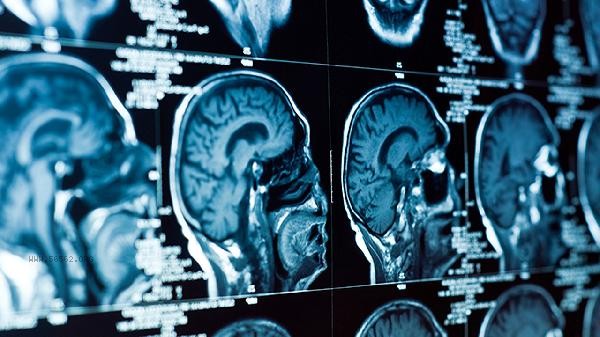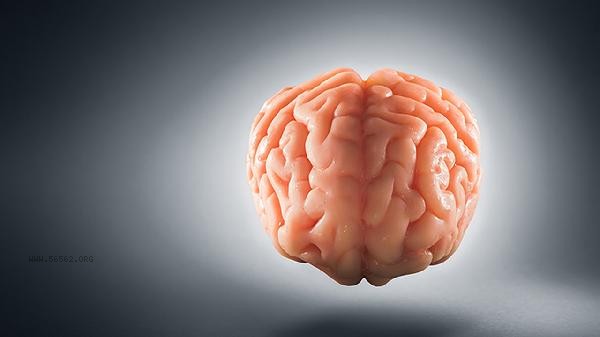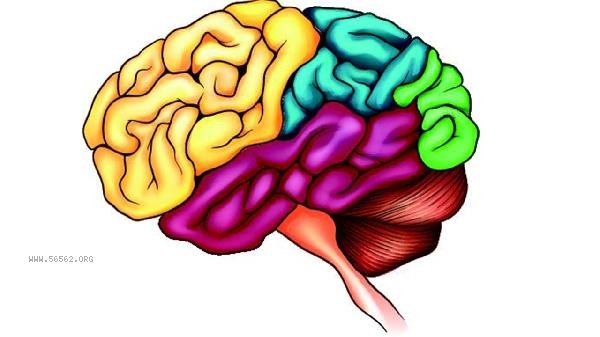The impaired or disordered logical thinking function of the brain can be improved through cognitive training, medication therapy, psychological intervention, lifestyle adjustments, etiological treatment, and other methods. This type of problem may be caused by factors such as brain injury, mental illness, neurodegenerative disorders, metabolic abnormalities, psychological stress, etc.

1. Cognitive Training
Targeted cognitive training can help rebuild logical thinking function, and common methods include numerical memory exercises, logical reasoning games, structured problem-solving training, etc. Computer assisted cognitive rehabilitation systems can provide standardized training programs, and repeated training can promote neural plasticity. Training should be gradual, starting with simple tasks and gradually increasing difficulty, with positive feedback for better results.
2. Drug therapy
Under the guidance of a doctor, drugs that improve brain metabolism, such as Olacetam capsules and sodium phosphatidylcholine tablets, or drugs that regulate neurotransmitters, such as donepezil hydrochloride tablets, can be used. For mental disorders caused by mental illness, antipsychotic drugs such as risperidone tablets may be needed. Regular evaluation of efficacy and adverse reactions is required during medication, and self adjustment of dosage is prohibited.
3. Psychological Intervention
Cognitive behavioral therapy can correct erroneous thinking patterns, improve logical confusion through steps such as identifying automatic negative thinking, verifying the authenticity of evidence, and establishing alternative cognition. Group therapy can provide social support, while family therapy can help improve communication patterns. Serious cases require mindfulness training to reduce the interference of anxiety on thinking.

4. Lifestyle Adjustment
Maintaining a regular schedule and sufficient sleep are crucial for brain repair, as deep sleep can promote memory consolidation. The Mediterranean dietary pattern provides essential fatty acids and antioxidants, and aerobic exercise three times a week can increase cerebral blood flow. Restricting alcohol intake and avoiding the use of addictive substances can help maintain cognitive stability.
5. Etiological treatment
Neurosurgical evaluation is required for patients with traumatic brain injury, and blood pressure and blood sugar should be controlled for patients with cerebrovascular disease. Individuals with thyroid dysfunction require hormone replacement therapy, while those with vitamin B12 deficiency should supplement with nutrients. Early intervention is needed for degenerative diseases such as Alzheimer's disease, and standardized treatment is required for major mental disorders such as schizophrenia.

Daily strategic games such as chess and Go can exercise thinking, learn new skills, and stimulate different areas of the brain. Establish a structured schedule to reduce decision-making burden and use checklists to assist memory. Family members should avoid excessive delegation and encourage patients to independently complete thinking tasks within their abilities. If there are warning symptoms such as orientation disorders or personality changes, immediate medical attention should be sought to investigate organic diseases. Maintaining social activities has a positive effect on delaying cognitive decline, but attention should be paid to avoiding fatigue caused by excessive stimulation.







Comments (0)
Leave a Comment
No comments yet
Be the first to share your thoughts!